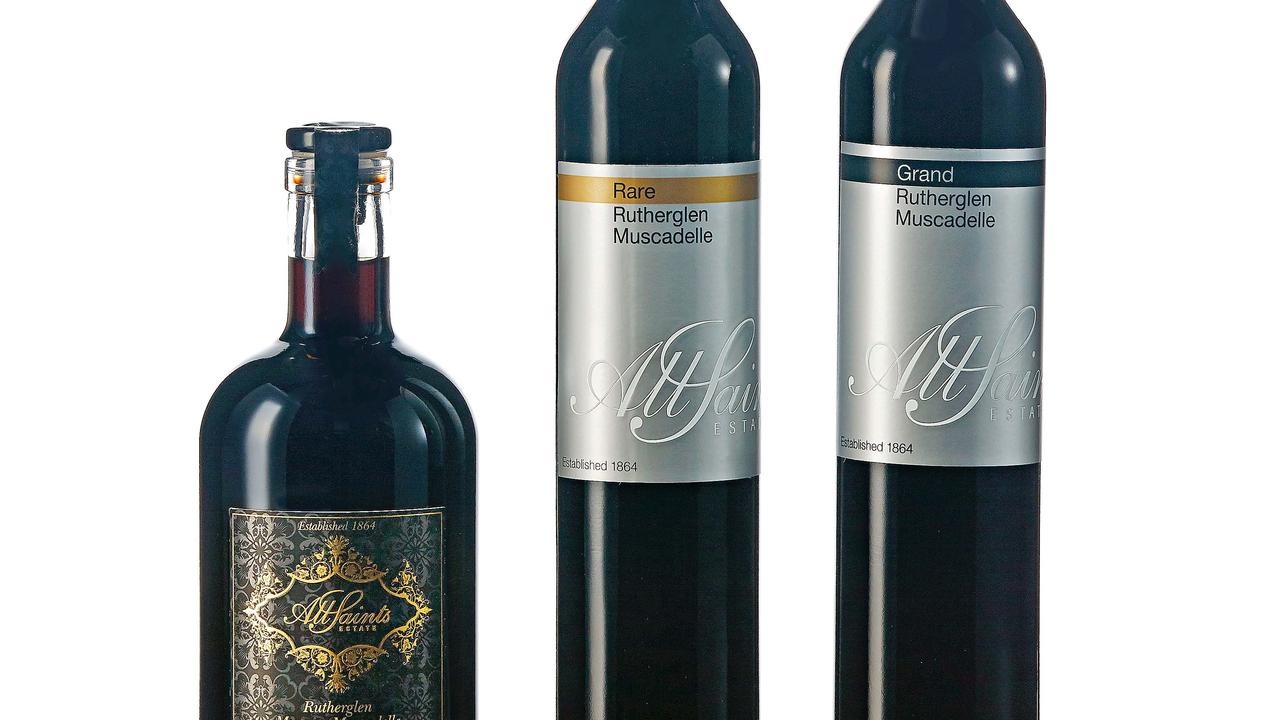The biggest thrill
NINGALOO Reef and a 10,500-year-old Tasmanian tree star in our wild Australia series finale.

THE nutrient-rich waters off the coast of Western Australia, where the continental shelf makes its closest pass to the mainland, is a place of giants.
Pods of orcas stalk passing humpback whales. Whale sharks, the world's largest fish, return each year to gorge on plankton. Black marlin cruise the currents and tiger sharks roam the deep.
Ningaloo, Australia's largest fringing coral reef, creates a 260km-long habitat off Exmouth for a kaleidoscopic array of 500 species of fish. Its coral gardens explode with life. From above, the Cape Range National Park presents ribbons of extremes. The deep blue of the open ocean gives way to a stripe of coral that melts into pure white sands, and then to an outback hinterland rising to a ragged limestone range teeming with kangaroos, wallabies and emus.
But the real action is in the ocean, where a combination of natural forces creates one of the world's most remarkable aquatic domains. It's at Ningaloo - listed as a World Heritage site this year - that the 50km wide and 200m deep Leeuwin Current, which brings warm water south from Indonesia, mixes with the Ningaloo Current bringing cold water north from the Southern Ocean. During March and April, when the two currents collide, the plankton is forced to the surface. It's this concentration of microscopic marine life that draws in the whale sharks and manta rays to feed. And the whale sharks, in turn, bring in tourists who pay $395 to snorkel with these gentle giants.
Says Andy Edwards, of Exmouth-based Ocean Eco Adventures: "The sharks gather in what is known as the percussion zone on the edge of the reef where there's an abundance of food and more oxygenated water than further out," he says. "It's part of a broader aggregation of pelagic life that gathers along the reef starting with the coral spawn in April."
Swimming with the whale sharks, it is possible to encounter an inquisitive Minke whale or a pod of humpbacks. And this year, whale-watchers witnessed nature at its rawest when a pack of orcas hunted down and killed two baby humpbacks in front of the tourist boats. A deckhand who witnessed the kill said those who saw the attack felt both shocked and privileged to have observed such a dramatic natural event. "Two orcas herded the mother and calf together from the front," he said. "The mother whale was trying to protect the calf by lifting it up towards the surface and then bang, another orca came over the top from the side and took the baby whale."
Edwards, who was on a nearby boat, says there was lively discussion on board about whether to go and watch the attack. "We decided against it because there were a number of small children on board who may have been traumatised," he says. He did make radio contact with a boat at the scene, however. "Immediately after the attack everyone was talking very excitedly but shortly afterwards there was a calm, reflective silence."
To get there
Exmouth is a 2.5 hour flight or two-day drive from Perth. Luxury accommodation is available in Cape Range at www.salsalis.com.au; scenic flights are available from www.norwestairwork.com.au;
for further information see www.westernaustralia.com



